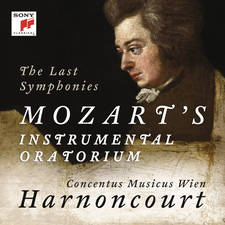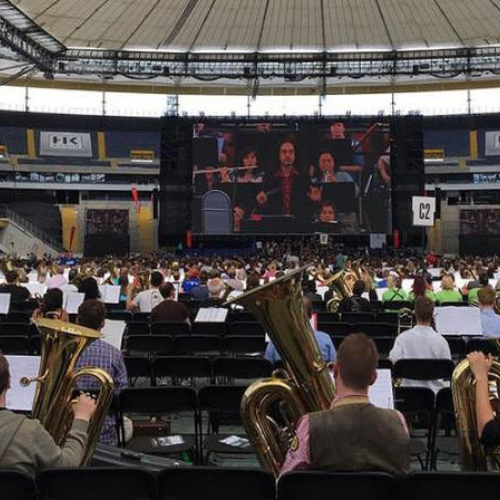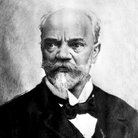Dvořák: Biography, compositions and more facts about the composer
Czech composer Antonin Dvořák, famous for his Symphony No.9 'From the New World', was passionate about his homeland and its traditional music. Find out more about him with our interesting facts.
-
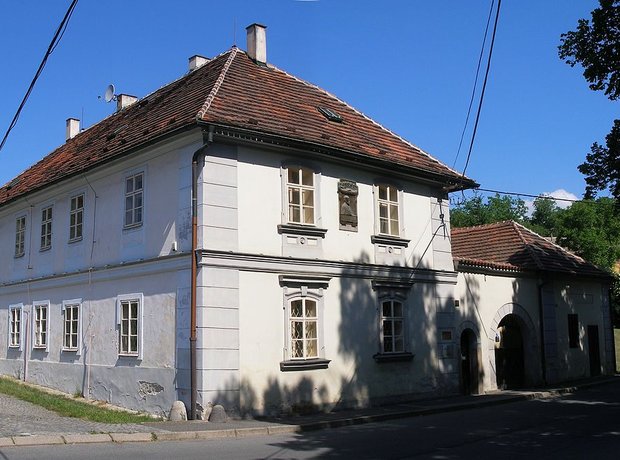
1. When is Dvořák's birthday?
Born on 8 September 1841 in a small village north of Prague, Antonin Leopold Dvořák was the eldest of 14 children. His father was a professional zither player, an innkeeper and a butcher. Folk music accompanied every family occasion, and young Antonin soon joined his father in the local band – and served as an apprentice butcher. (Picture: Dvořák’s birthplace at Nelahozeves)
-
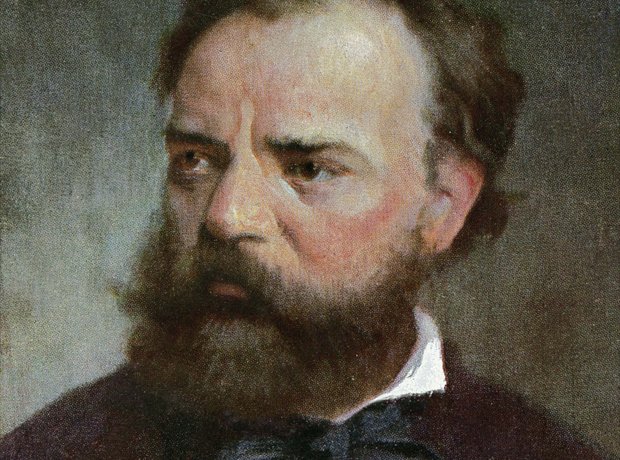
2. How do you pronounce Dvořák's name?
Dvořák's name is pronounced 'Devor-jacques'.
-
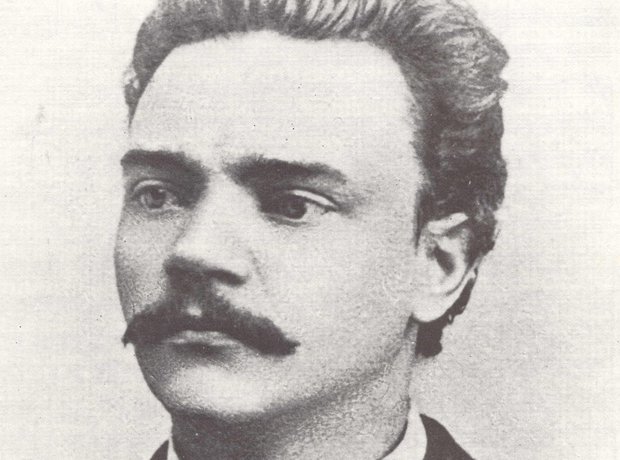
3. Dvořák's education
The youthful Dvořák studied organ, violin, piano and - less successfully - the German language. He played viola in the Bohemian Provisional Theatre Orchestra, performing in restaurants and at balls. In 1871, he resigned from the orchestra to concentrate on composing, scraping a living by teaching the piano.
-
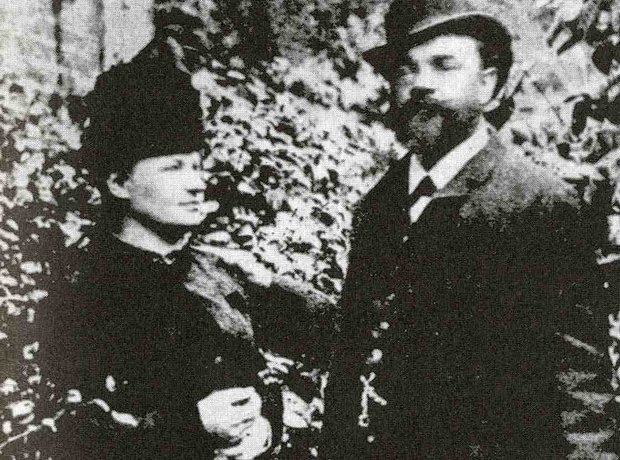
4. Dvořák and his wife
In 1873 Dvořák married his wife Anna Čermáková, after courting and being turned down by her sister, Josefina. Dvořák and his wife had nine children in total – six survived infancy. After his marriage, he left the orchestra to be a church organist which guaranteed better income, greater social status and more time to compose.
-
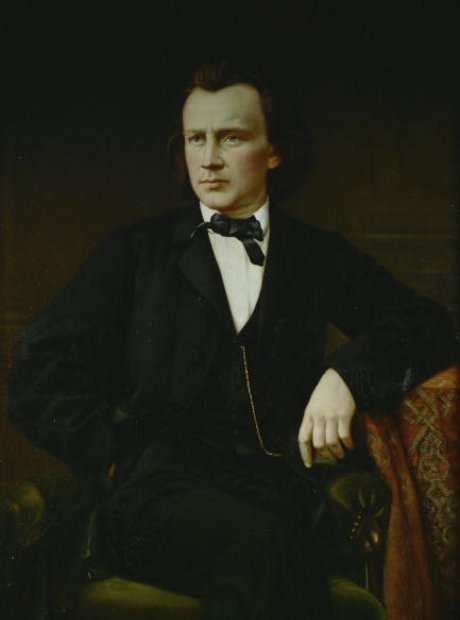
5. Dvořák was championed by Brahms
Dvořák's first composing efforts received no critical reception or public performance. The self-critical composer even burned some of his early works. But his music did begin to attract the interest of the critic Eduard Hanslick and the composer Johannes Brahms, pictured, who gave Dvořák's career a boost.
-
-
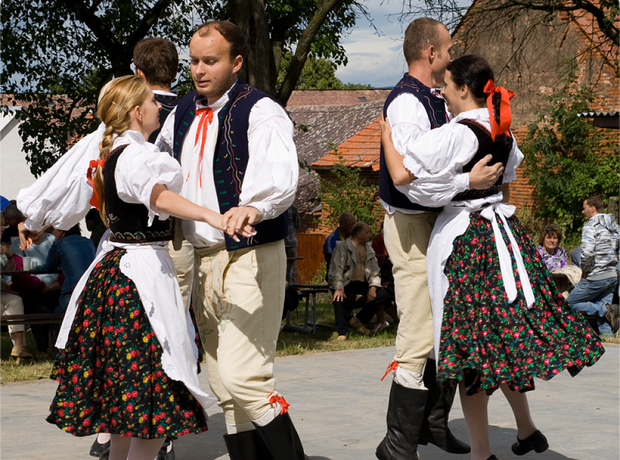
6. Dvořák's best-selling dances
In 1877, on Brahms' recommendation, the publisher Simrock commissioned Dvořák to write some Slavonic Dances for piano duet. Aimed at the lucrative domestic market, the sheet music for the eight dances sold out in one day.
-
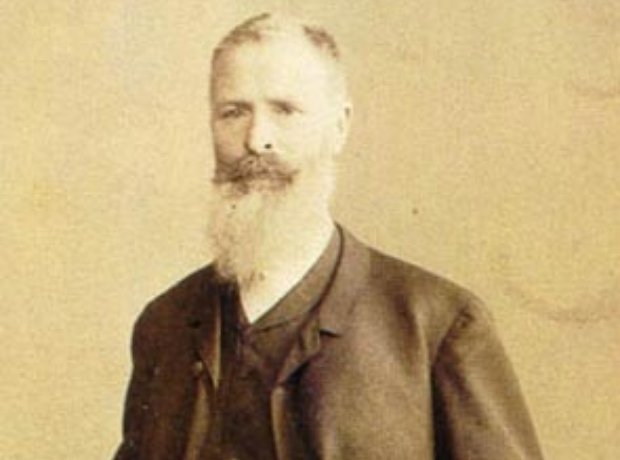
7. Dvořák's Symphony No.7
When Dvořák’s publisher Simrock, pictured, failed to send him an advance for his Symphony No.7, the composer complained that he had endured a bad potato harvest and needed some money upfront. Simrock then refused to print Dvořák’s correct first name on the cover, insisting on Germanising it.
-

8. Dvořák the trainspotter
Away from music Dvořák was a committed train spotter, spending hours at the Franz Josef railway station in Prague. It’s said he knew the timetable off by heart. And when teaching, he would always ask his pupils to describe in detail any train journeys that they had recently made.
-
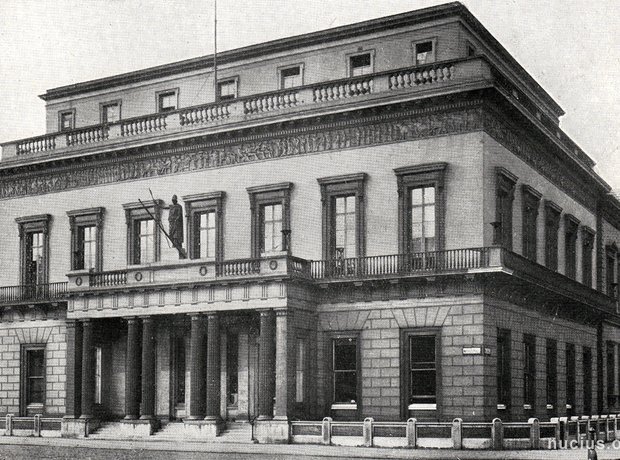
9. Expelled from the Athenaeum Club
Dvořák was particularly popular in Britain. He visited nine times and some of his major works received their world premieres in Birmingham, London and Leeds. On one occasion, when Dvořák was in London to oversee a performance of his Piano Concerto at Crystal Palace, he was thrown out of the Athenaeum Club. He’d mistaken it for a coffee house and was immediately evicted.
-
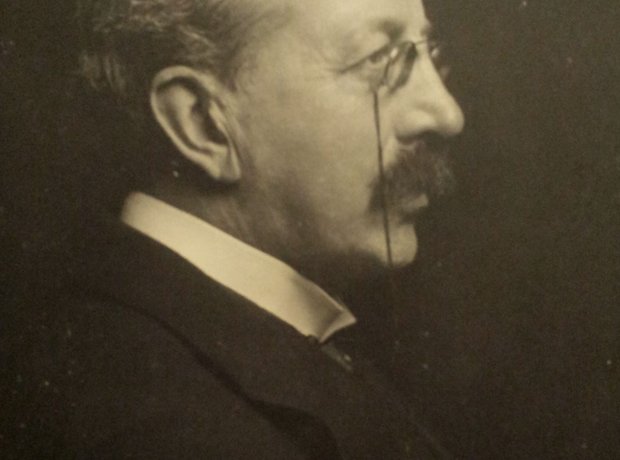
10. Dvořák surprises the composer Stanford
Dvořák and his wife enjoyed getting up very early indeed. When they stayed in Cambridge with the composer and organist Charles Villiers Stanford, pictured, the Englishman was more than surprised that when he awoke at 6 a.m., the Dvořáks were already to be found sitting under a tree in his garden.
-
-
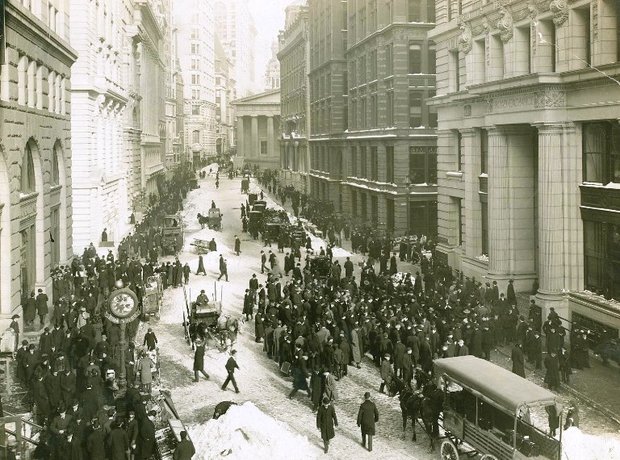
11. A lucrative contract in the New World
It was the lure of an amazing fee that persuaded Dvořák to venture to New York. For a little teaching and conducting, with four month's vacation, he was promised the unimaginable salary of $15,000 - 25 times what he was paid in Prague, and worth about £500,000 in today's terms. While there, he developed a new passion for steam ships – and pigeons.
-
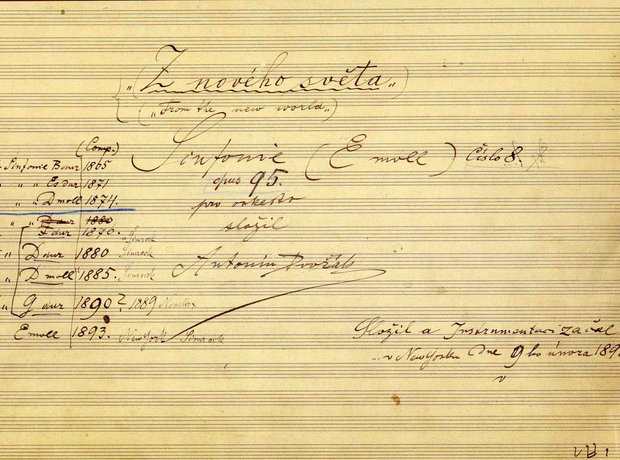
12. Dvořák's Symphony No.9
During his time in America, Dvořák produced three of his most famous works - the String Quartet No.12, known as the 'American', the Cello Concerto in B minor, and the 'New World' Symphony. When he premiered the symphony, critics disagreed over whether it was an all-American symphony or just more of Dvořák’s usual Bohemian fare.
-
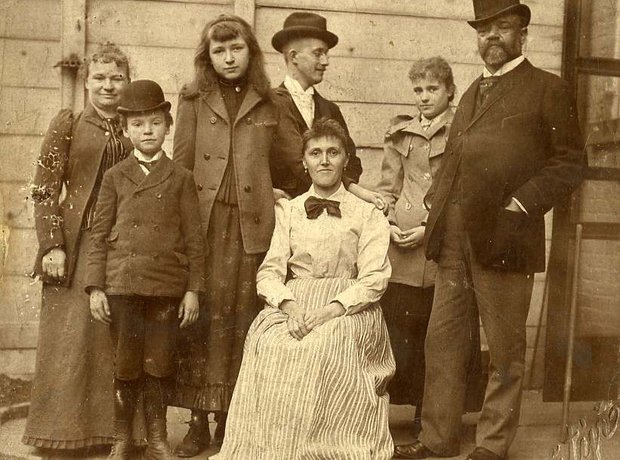
13. Dvořák's family
While in the U.S.A. Dvořák, pictured far right, appeared to spend a lot of time longing for home, rarely going out, and even spent his summer with a Czech community in Iowa. In 1895, problems came to head over his salary, and he decided to return to Bohemia. The Dvořáks left New York before the end of the spring term with no intention of returning.
-
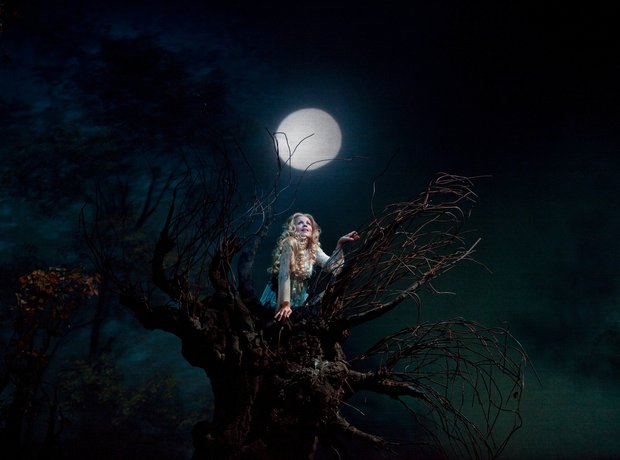
14. Dvořák's opera 'Rusalka'
Dvořák wrote his opera Rusalka at the age of 60 when he had only three years left to live. The premiere took place in Prague’s National Theatre where Dvořák himself had once played as a musician in the house band. Its stand-out moment is the stunning Song to the Moon aria.
-
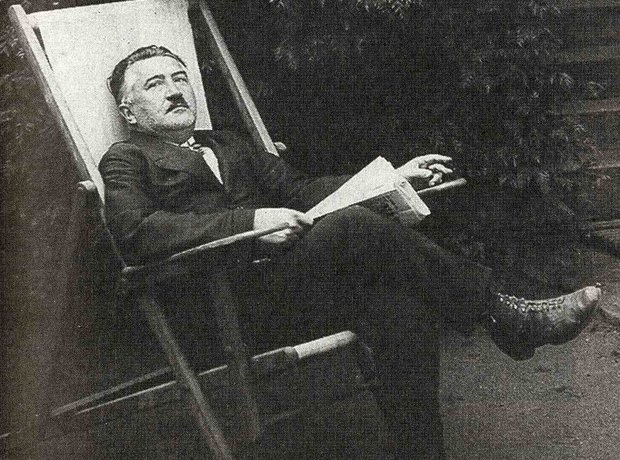
15. Dvořák nurtured young talent
Dvořák launched the careers of other Czech composers such as Josef Suk, pictured, and Vítězslav Novák. In 1897 Dvořák's daughter Otilie married Suk. In the same year, Dvořák was appointed a member of the jury for the Viennese Artist's Stipendium, and was later honoured with a medal.
-
-
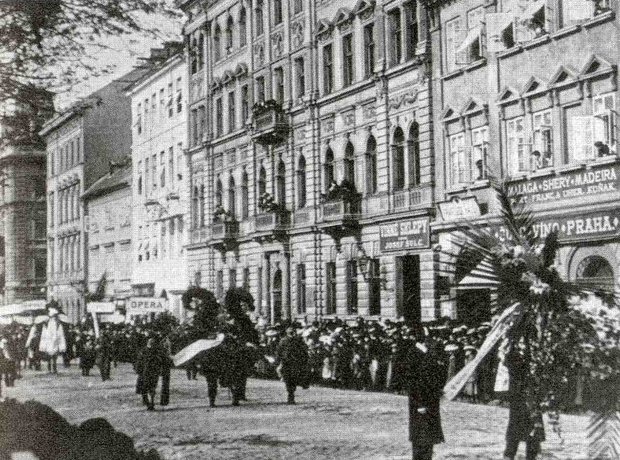
16. When and how did Dvořák die?
Dvořák died aged 62 from a stroke on 1 May 1904, following five weeks of illness. He left behind many unfinished works. In 1943, an American Liberty ship of the U.S. Navy was named USNS Antonín Dvořák in his honour.
